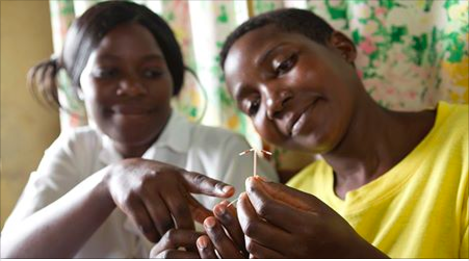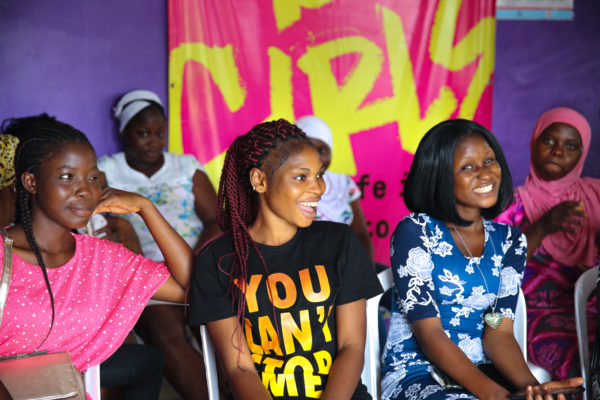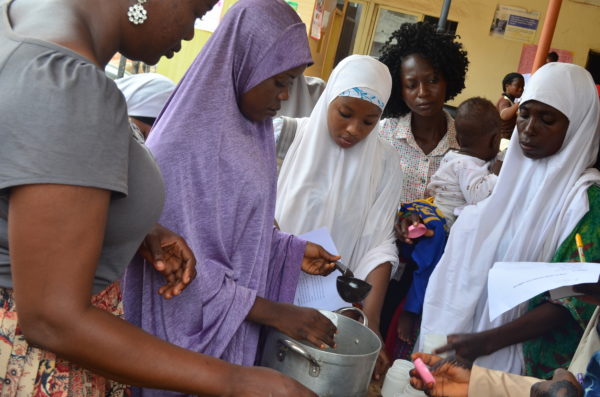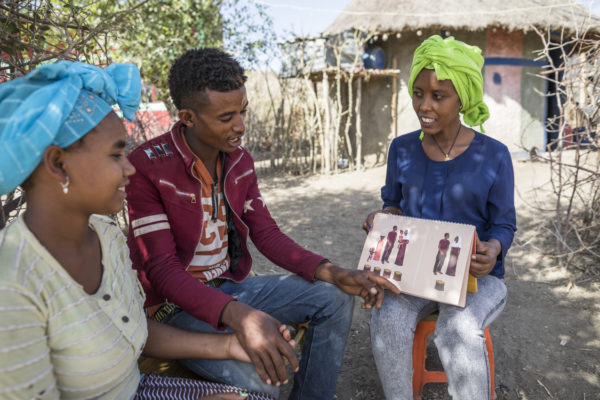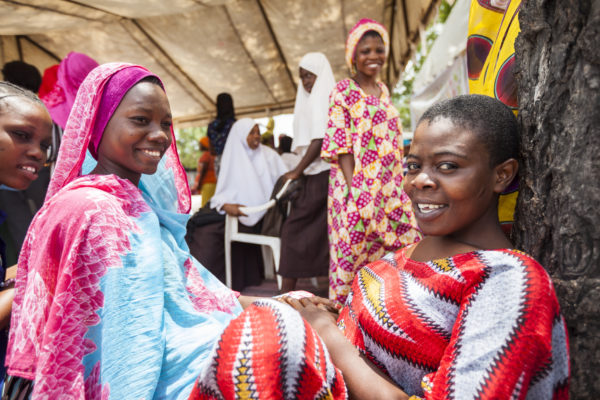By Tyler LePard, A360 Communications Consultant
Do I fit in? Does that boy like me? Am I in trouble with my parents? How do I achieve my dreams? What do my friends think of me? How does the future compare to what’s happening right now?
Adolescent girls everywhere have a lot going on in their lives. The possibility of getting pregnant is just one of them, but it’s one that could change their lives dramatically. And yet there are many girls who aren’t using contraceptives to prevent pregnancy.
In fact, 25% of girls 15-19 years old in sub-Saharan Africa would like to delay or avoid pregnancy, but are not using contraceptives. Traditional approaches to address this issue aren’t working. We have to try a different approach.
Adolescents 360 (A360) seeks to revolutionize the way adolescent girls access contraceptives. One of the ways we do this is by turning the traditional model “inside out” and starting with the girl. We have involved girls in conducting research at the beginning of A360, as program designers testing ideas, as mystery clients who identify youth-friendly providers, and as advocates for A360.
When we listen to girls, we build empathy and discover what works for them. Empathy brings new insight to the evidence, allows us to connect the dots differently, and leads to new ideas and different solutions.
An important lesson from our early research is that public health programs have been almost too good at branding contraception—not only do girls believe contraceptives prevent pregnancy, but there’s widespread belief that contraception causes infertility.
“They say contraception is good, but for me, it’s not good. It will destroy your womb.” -Unmarried girl in Epe, Nigeria
In fact, many girls think that it’s far worse to never have a baby than to have one too soon. Many of the girls we have talked with don’t see having children as something far away in the future—it’s something that they want in a few years. In many cultures, there is a lot of value placed on fertility.
“Having the first child is respect. You start to be called by the name of your child.” -Unmarried girl in Oromia, Ethiopia
If they are having sex, most girls we’ve talked to don’t really think they are at risk of pregnancy (the adolescent brain is not great at judging risk).
Based on the evidence and insights that we gathered from the early phases of A360, we know it’s important to promote contraceptives through an empowering brand that’s about a girl living her best life in the present. A360 reframes contraceptives as “the first step to taking control of your future now.” We increase girls’ belief that contraceptives are relevant for them right now and protect their fertility. That’s just one part of our program recipe and we’ll share other parts in future blog posts.
We’ve recently entered the pilot phase in our programs and the results so far are very promising. At our 11 pilot sites in three countries, our activities are attracting girls between 15-19 years old (who are considered hard-to-reach) and achieving average contraceptive adoption rates of 28%-59%.
In honor of World Contraception Day (September 26), we are sharing our Contraception Key Messages package on the A60 Learning Hub. These resources include contraception key messages and method descriptions, a discussion guide, counseling algorithm, and PSI’s Choice Book. Check them out and share your thoughts in the comments below or via #adolescents360 and @adolescents360 on social media.

